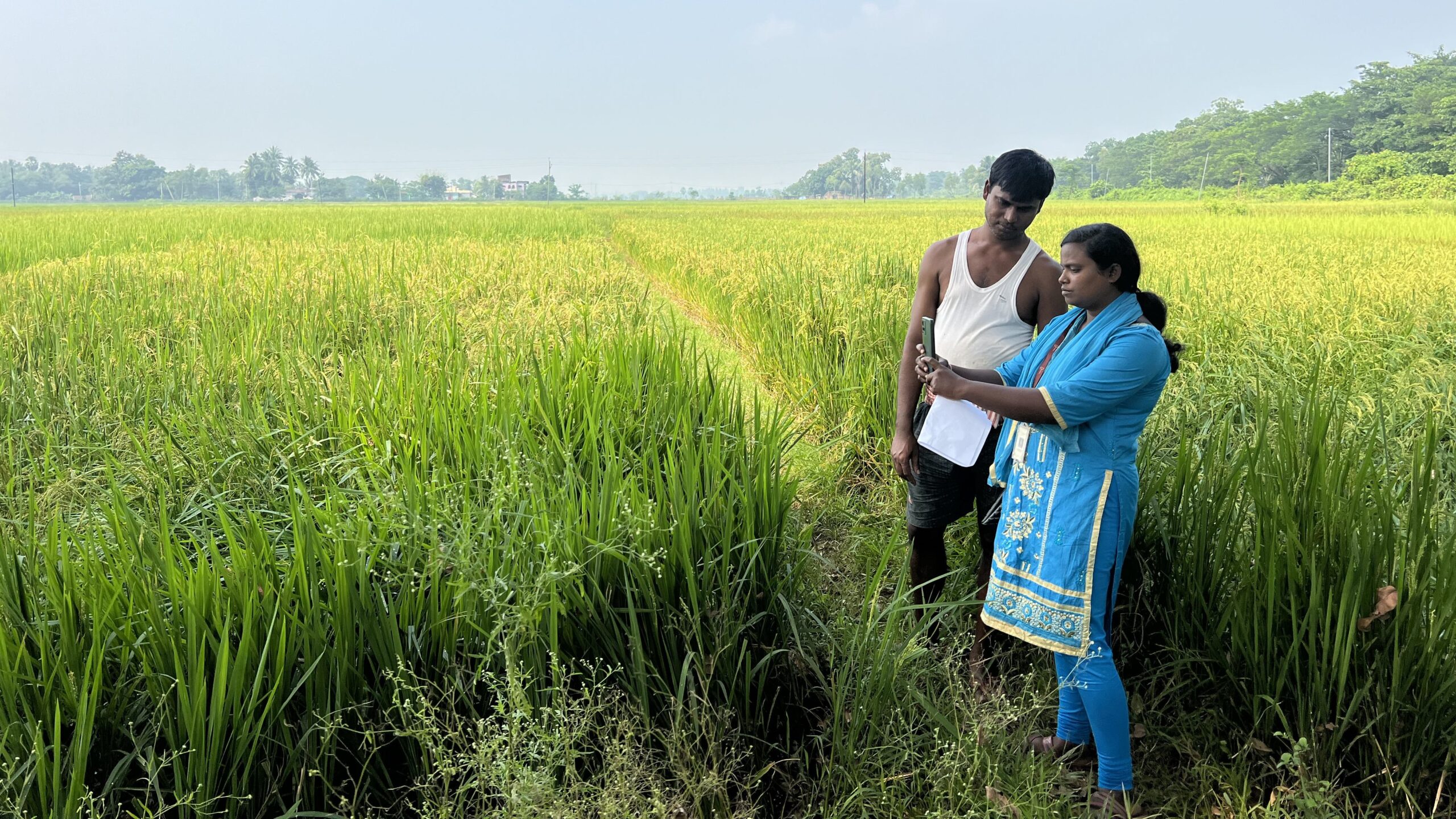Following the COVID-19 outbreak in Hubei Province in late December, the Chinese government imposed stringent lockdowns and travel restrictions throughout the country, slowing one of the world’s largest economies. Although the control measures have been eased and economic activity has resumed since then, significant damages to personal livelihoods and food security linger. A July 28 virtual event explored the short- and mid-term pandemic impacts on different groups in China, including small- and medium-sized enterprises (SMEs), villages and rural households, vulnerable groups, and food value chains.
Early research found an array of harsh effects from China’s initial control measures. The event is “looking at the second phase, or the medium term, or the evolving situation … the post-first stage,” said IFPRI Director General Johan Swinnen.
Accounting for 15.3% of China’s total GDP and 32.6% of its total employment in 2017, the agri-food system plays a critical role for the Chinese economy. While growth rates across sectors plunged when the lockdowns began, Chinese food value chains have recently shown positive signs of recovery. In the second quarter of 2020, the agriculture, manufacturing, and service sectors all registered positive GDP growth. Even in the most impacted fields such as hospitality and livestock production, the negative growth has narrowed significantly. Food prices have also remained generally stable, indicating stable food markets and production despite the pandemic.
IFPRI Senior Research Fellow Kevin Chen attributed these signs of normalization to China’s COVID-19 responses towards the agri-food system and to its long-term agricultural development strategy. “On one hand, China has been very quick to come up with policies to put in place to deal with emergency,” said Chen. “However, on the other hand, China has been building a resilient agri-food system over years” by adopting a rural revitalization strategy, strengthening the agri-food value chain, committing to end absolute poverty, among other measures, to prepare for such economic shocks.
In order to assess impacts of COVID-19 on SMEs in China, IFPRI conducted two follow-up phone surveys with over 2,000 SMEs in early February and mid-May. “We found COVID-19 struck a heavy blow on SMEs,” said IFPRI Senior Research Fellow Xiaobo Zhang, noting that 17.9% of firms lacked sufficient cash flow to sustain themselves until re-opening. As SMEs account for 80% of total employment in China, this steep exit rate translated to a 14% loss of total employment, leading to greater poverty and food insecurity.
“Despite high re-opening rates, most [SMEs] production was running at only partial capacity in May,” said Zhang, emphasizing that reopening businesses does not necessarily equal full economic recovery. Data from the May phone survey shows that even though most SMEs reported their employment was close to pre-lockdown levels, the production rate was still only 26% to 50% compared to normal times. This foreshadows a lengthy recovery period for the economy beyond the end of the pandemic itself, Zhang said.
Even though the national aggregate statistics are important for showing overall COVID-19 impacts on Chinese households, “that’s not enough because it may conceal the fact that households with less secure incomes were hard-hit during the pandemic,” said Xinshen Diao, Deputy Director of IFPRI’s Development Strategy and Governance Division. Migrants, who tend to work in sectors most exposed of COVID-19, would be among the most vulnerable because of the lack of unemployment protection and other forms of social security insurance. As migrants predominately work for micro and small enterprises, Diao called for policies that support small businesses and for building a more robust social security system to boost migrants’ resilience in the face of shocks.
Even though China’s lockdowns successfully reduced COVID-19 infections and deaths, they also created significant economic burdens, especially for rural areas. In contrast to urban centers with plenty of resources to adapt to the “new normal,” remote Chinese villages struggle to support rural households. Scott Rozelle, Senior Fellow and co-director of the Rural Education Action Program in the Freeman Spogli Institute for International Studies at Stanford University, shared his project’s recent estimate on rural workers’ economic predicament: As of July 25, 25% to 35% still do not have a job, and hours and wages are lower compared to last year for those who do have a job. In order to cope with income loss, most villagers reduce spending on food, which further exacerbates food insecurity and inequity.
“I think COVID-19 is a wake-up call on our food system and agriculture system,” said Shenggen Fan, Senior Chair Professor at China Agricultural University. China’s example shows that the global food system needs to be more resilient to prepare for shocks, and more inclusive to support the most vulnerable groups. Fan also emphasized the importance of “timely, reliable data on food prices, supply, demand, poverty, and hunger so that the Chinese experience can be shared more broadly” with other countries for a collective fight against food insecurity during the pandemic.
Khiem Nguyen is a former IFPRI Communications Intern.







